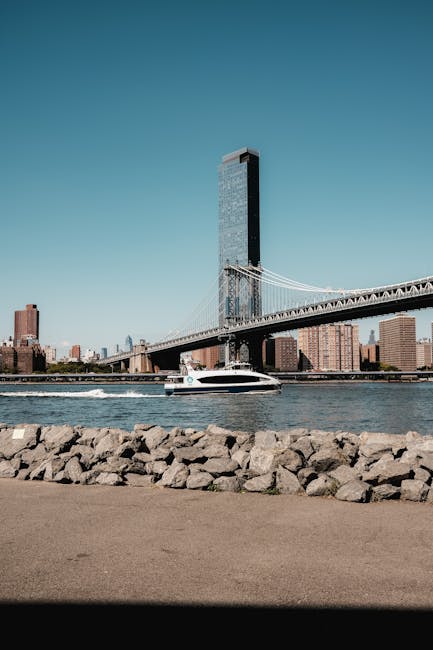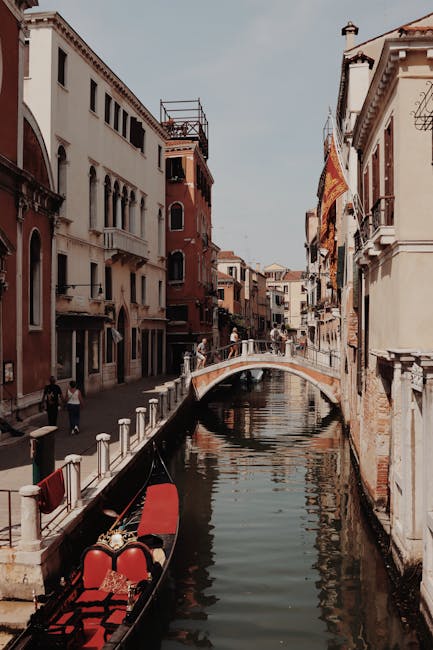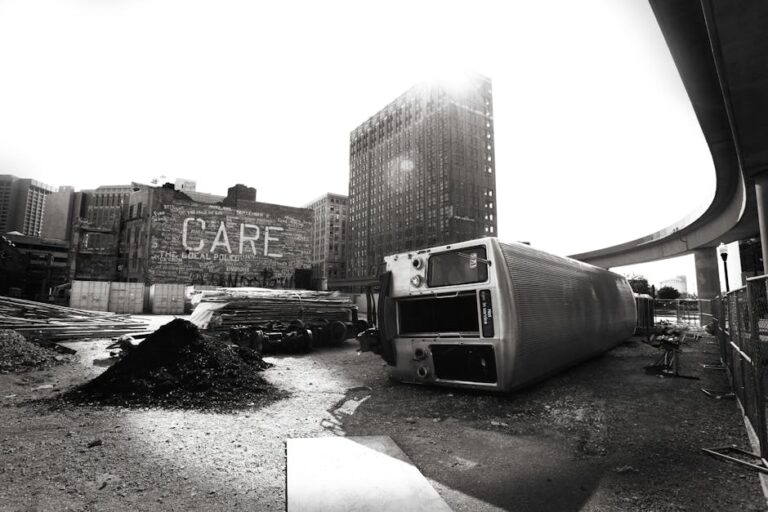Brooklyn Boat Accidents: Causes, Prevention, and Legal Recourse
Brooklyn Boat Accidents: Causes, Prevention, and Legal Recourse
The bustling waters surrounding Brooklyn, while offering stunning views and recreational opportunities, also present inherent risks. Boat accidents in Brooklyn, unfortunately, are not uncommon, resulting in injuries, fatalities, and significant financial losses. This comprehensive guide delves into the causes of these accidents, explores preventative measures, and outlines the legal recourse available to victims.
Common Causes of Boat Accidents in Brooklyn
Several factors contribute to the occurrence of boat accidents in Brooklyn. Understanding these causes is crucial for prevention and for establishing liability in the event of an accident.
Operator Negligence:
- Intoxication: Operating a boat under the influence of alcohol or drugs is a major contributor to accidents. Impaired judgment and reaction time significantly increase the risk of collisions and other mishaps.
- Inattention: Distracted driving on the water, similar to distracted driving on land, is a significant hazard. Failing to maintain a proper lookout, ignoring navigational markers, or using electronic devices while operating a boat can lead to serious consequences.
- Inexperience: Lack of proper training and experience in handling boats, particularly in busy waterways like those surrounding Brooklyn, is a leading cause of accidents. Inexperienced operators may struggle to manage the vessel, react to unexpected situations, or navigate effectively.
- Reckless Operation: Speeding, weaving through traffic, and failing to yield right-of-way are all examples of reckless operation that can cause significant harm. Such actions dramatically increase the chance of collision.
Mechanical Failure:
- Engine Malfunction: Sudden engine failure can leave a boat adrift, vulnerable to collisions or other hazards. Regular maintenance and inspections are vital to preventing such failures.
- Steering Issues: Problems with the steering system can render a boat uncontrollable, resulting in crashes or other accidents. Regular checks and prompt repairs are necessary to ensure safe operation.
- Equipment Failure: Malfunctioning navigation lights, faulty radios, and other equipment failures can contribute to accidents, especially at night or in low-visibility conditions.
Environmental Factors:
- Adverse Weather: Sudden changes in weather, such as strong winds, fog, or heavy rain, can dramatically reduce visibility and create dangerous conditions for boaters.
- Strong Currents: The currents in the waters surrounding Brooklyn can be unpredictable and powerful. Failing to account for these currents can lead to boats being swept off course or capsizing.
- Obstructions: Unmarked or poorly marked hazards such as submerged objects, debris, or other obstructions can pose significant risks to boaters.
Preventing Boat Accidents in Brooklyn
Preventing boat accidents requires a multifaceted approach encompassing individual responsibility, regulatory compliance, and improved infrastructure.
Personal Responsibility:
- Boating Education: Obtain proper boating education and certification before operating any vessel. Understanding boating safety regulations, navigation techniques, and emergency procedures is crucial.
- Regular Maintenance: Regularly inspect and maintain your boat and its equipment to ensure everything is functioning correctly. Address any problems promptly.
- Safe Boating Practices: Always follow safe boating practices, including maintaining a proper lookout, respecting speed limits, avoiding alcohol and drugs, and wearing personal flotation devices (PFDs).
- Weather Awareness: Check weather conditions before heading out and be prepared to return to shore if conditions deteriorate.
Regulatory Compliance:
- Licensing and Registration: Ensure your boat is properly licensed and registered and that you possess the necessary licenses and certifications to operate it.
- Navigation Rules: Familiarize yourself with and strictly adhere to all navigation rules and regulations.
- Safety Equipment: Maintain appropriate safety equipment onboard, including life jackets, flares, and a first-aid kit.
Improved Infrastructure:
- Improved Marking: Clear and well-maintained navigational markers can help prevent collisions and accidents caused by poorly marked hazards.
- Increased Enforcement: Stricter enforcement of boating safety regulations can deter reckless behavior and improve overall safety on the water.
- Public Awareness Campaigns: Public awareness campaigns can educate boaters about safe boating practices and the importance of safety.
Legal Recourse After a Brooklyn Boat Accident
If you or a loved one has been injured in a Brooklyn boat accident, you may be entitled to compensation for your medical expenses, lost wages, pain and suffering, and other damages. Determining liability and pursuing a claim can be complex, requiring the expertise of experienced maritime lawyers.
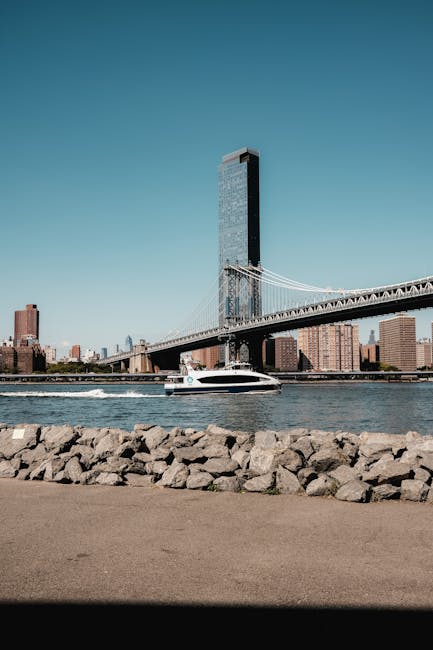
Establishing Liability:
Establishing liability in a boat accident case involves determining who was at fault. This often involves investigating the circumstances of the accident, reviewing witness statements, and examining evidence such as boat maintenance records and nautical charts. Maritime law governs boat accidents, which can differ significantly from standard negligence laws.
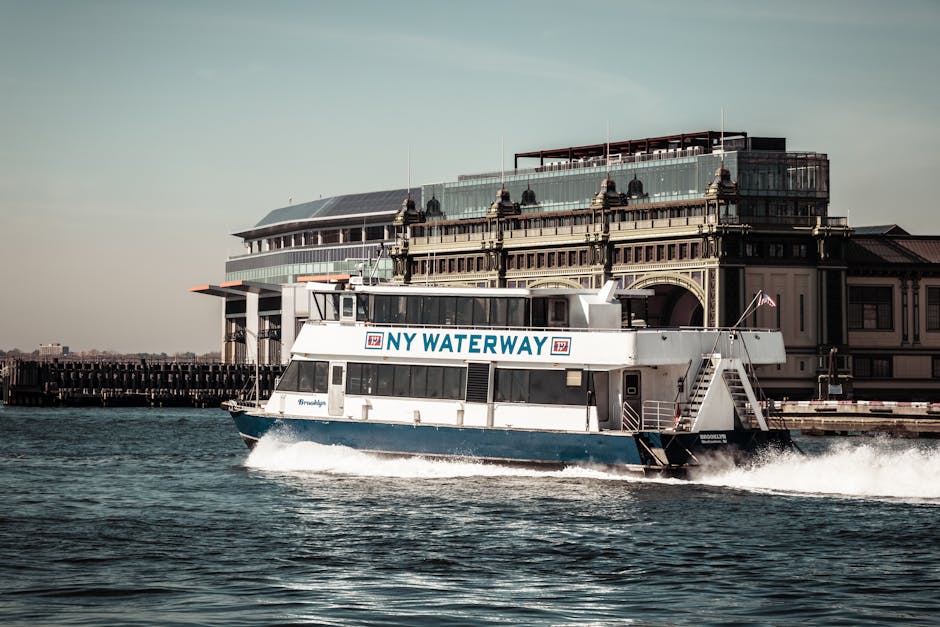
Types of Claims:
- Negligence Claims: These claims are filed against the negligent party responsible for the accident. This could be the operator of the boat, the owner of the boat, or even a third party.
- Product Liability Claims: If the accident was caused by a defect in the boat or its equipment, a product liability claim may be pursued against the manufacturer or distributor.
- Wrongful Death Claims: If a fatality occurs as a result of a boat accident, a wrongful death claim can be filed on behalf of the victim’s family.
Seeking Legal Assistance:
Navigating the legal complexities of a boat accident claim can be challenging. It is highly recommended to consult with an experienced maritime lawyer who understands the intricacies of maritime law and can effectively represent your interests. A skilled attorney can help you gather evidence, build your case, and negotiate a fair settlement or pursue litigation if necessary.
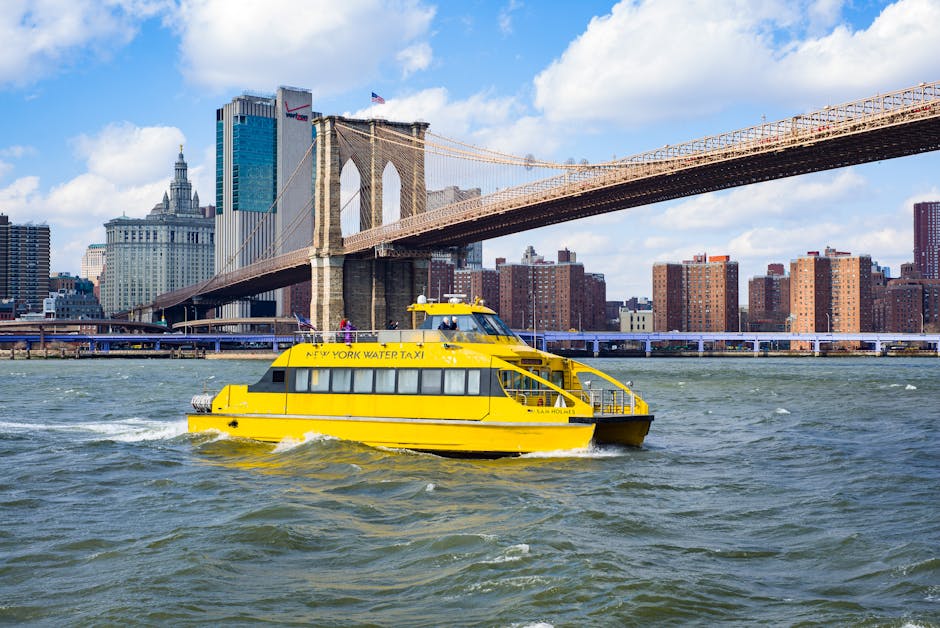
Remember, acting quickly is crucial after a boat accident. Preserve any evidence you can and seek medical attention immediately. Contacting a maritime lawyer as soon as possible is vital to protecting your rights and maximizing your chances of a successful outcome.
Conclusion
Brooklyn’s waterways offer recreational opportunities, but safety must remain paramount. Understanding the causes of boat accidents, implementing preventative measures, and knowing your legal recourse are crucial for ensuring safe and enjoyable boating experiences for everyone. By taking responsibility, adhering to regulations, and seeking legal assistance when necessary, we can contribute to safer waterways and minimize the tragic consequences of boat accidents.
